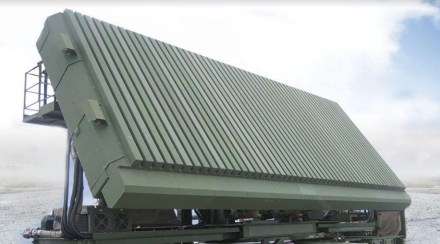Three missile attacks in three weeks on UAE have escalated tensions in the Gulf region. And, in an effort to help the UAE, this has led to the US announcing its decision to deploy a naval destroyer and military aircraft in the region.
What does this mean?
“The US decision to order deployment of military aircraft and a naval destroyer in support of the UAE shows US concerns over deteriorating security situation within the Gulf region. This primarily flows out of realigned regional ties involving Israel, which has been Iran’s bete noire since installation of an Islamic Shiite regime,” explains Maj Gen Nalin Bhatia (Retd).
What has happened so far?
Following Yemen Houthi missile attacks on the UAE, the Biden administration announced its plans to deploy a warship and fighter jets to help.
The offer of deployment came following a phone call between Abu Dhabi Crown Prince Mohammed bin Zayed Al-Nahyan and the US Defence Secretary Lloyd Austin.
A statement issued by the US has stated that a guided missile destroyer and state-of-the-art fighter jets to “assist the UAE against the current threat” will be deployed.
Earlier this week, the UAE was attacked by missiles fired by the Yemen Houthi rebels. The UAE is part of the Saudi led-coalition which is fighting the rebels.
What is the US deploying?
Fifth generation fighter planes and the guided missile destroyer USS Cole will make a port call in Abu Dhabi. The US Navy will partner with the UAE Navy.
According to the statement, the US will also help by providing early warning intelligence.
So far
The missile attacks by the Houthis targeted Abu Dhabi’s oil facilities and airport on January 17. This led to retaliatory air strikes. According to reports, US forces which were already stationed at Abu Dhabi’s Al Dhafra air base, on January 24, had fired Patriot interceptors.
The rebels fired another ballistic missile which was thwarted earlier this week. And this attack came at a time when Israeli President Isaac Herzog was visiting the UAE.
According to US based Breaking Defense news portal, the UAE is in talks with Israel to get the advanced version of the Green Pine radar. This radar according to information available is part of the Israeli Arrow system – a system that is designed to intercept ballistic missiles.
More about Yemen’s civil war
It all started in 2014. The Houthis had seized Sanaa. And this led to the Saudi led forces to intervene in an effort to prop up a government there.
UAE is an influential player in the coalition.
According to a UN report, the long drawn conflict has left millions in that country on the brink of famine.
View of an Indian Army Veteran
Sharing his views with Financial Express Online, the Indian Army veteran says, “
Israel’s growing proximity to UAE has seen two high profile visits by Israel’s Prime Minister and President to UAE within a short span of time after both sides opened up to each other over a year ago.
Although as per stated declaration of Israel and UAE the normalisation of relations between the two sides is to give impetus to economic and commercial ties; the underlying security implications of the building relationship cannot be lost sight of.”
What is the concern about Iran’s nuclear programme?
According to Maj Gen Bhatia, “Israel and UAE’s growing concern about Iran’s nuclear programme is also a reason for increased tensions between Iran and UAE. To de-escalate tensions UAE’s national security advisor, Sheikh Tahnoon bin Zayed, a brother of Sheikh Mohammed, had made a brief visit to Iran in December and met Iranian President Ebrahim Raisi. However little seems to have changed in the relationship.”
“To the contrary the relations between both countries have deteriorated with Houthi’s targeting UAE with missile and rocket attacks, which are intended more as a show of protest rather than causing any worthwhile damage. These attacks would certainly have happened with tacit approval of Iran.
Iran’s adamant stance to back down from its nuclear programme, lack of any progress in talks to resolve the issue and Israel’s expanding footprints in Gulf countries is bound to keep the Gulf region tense in coming days,” he observes.
